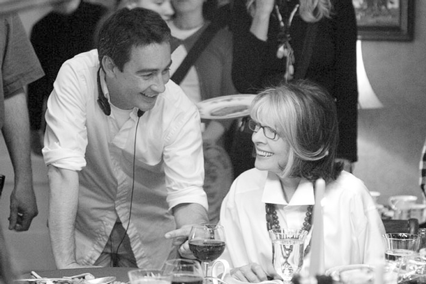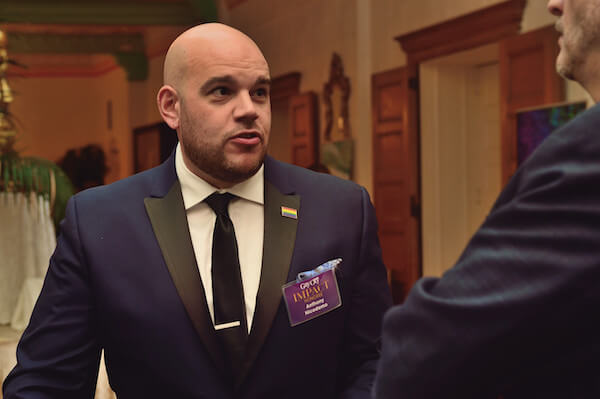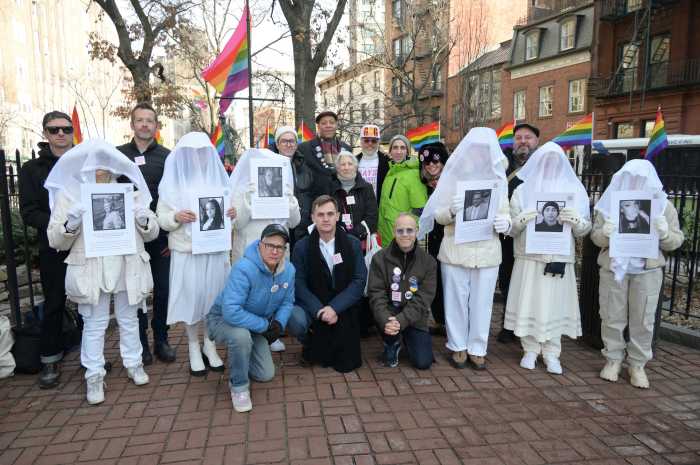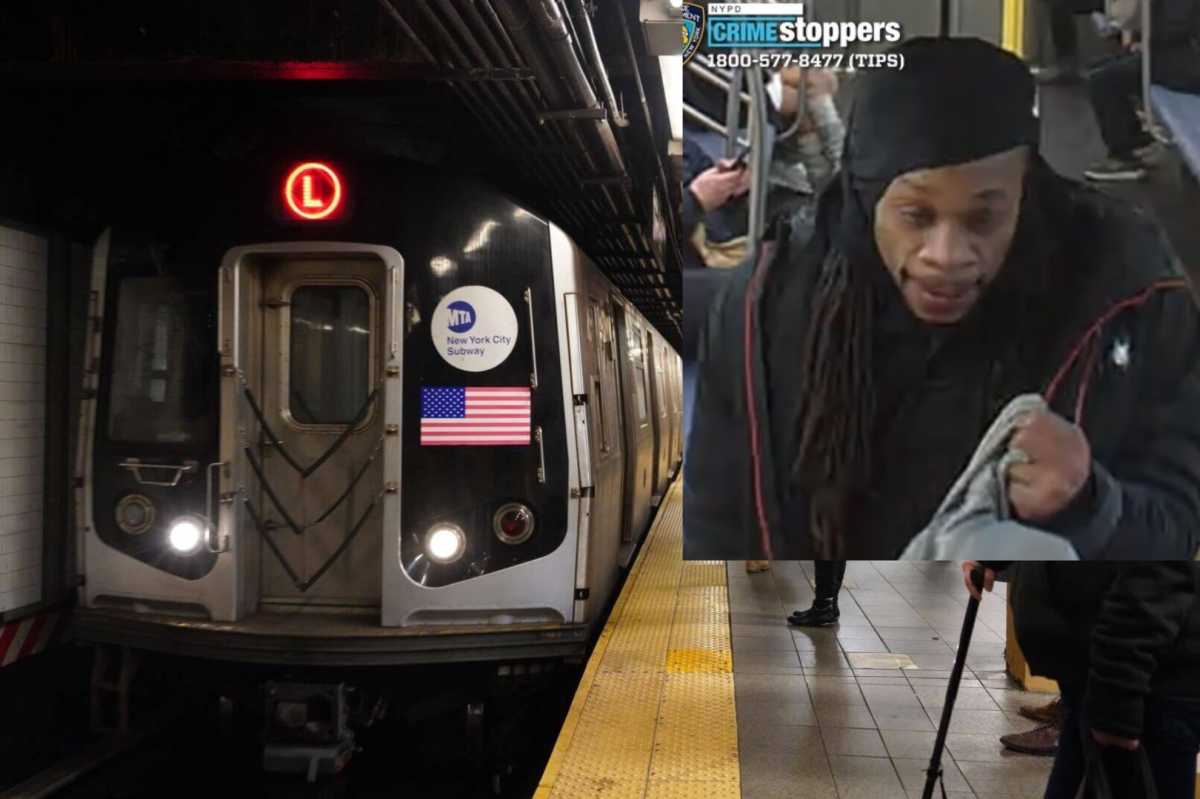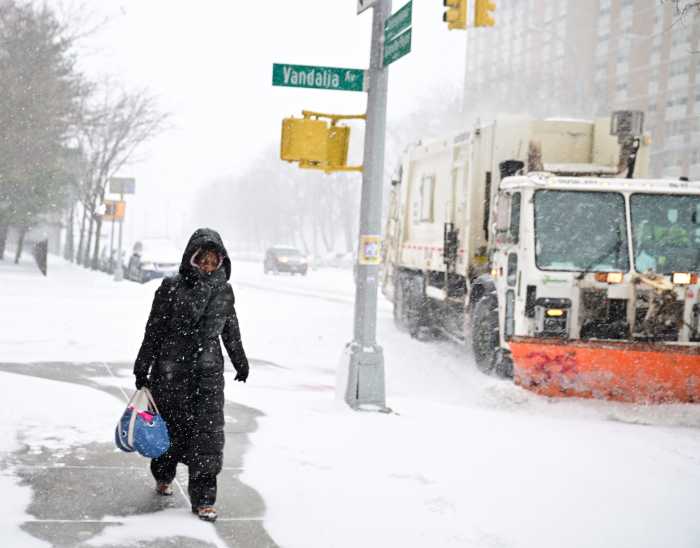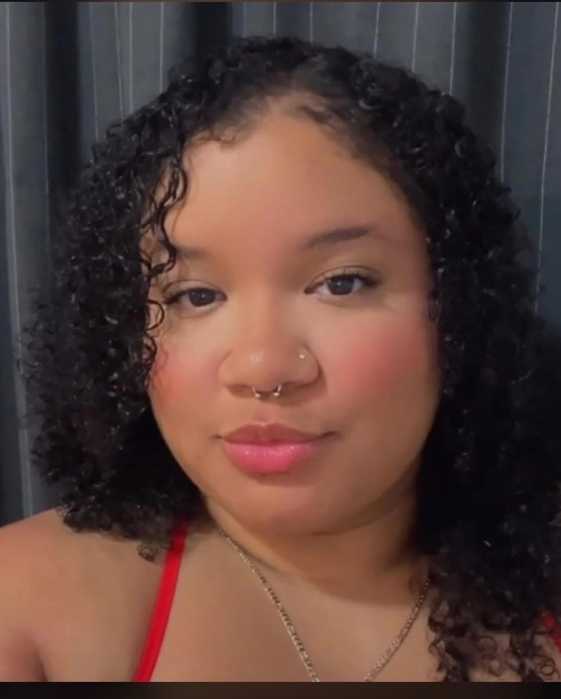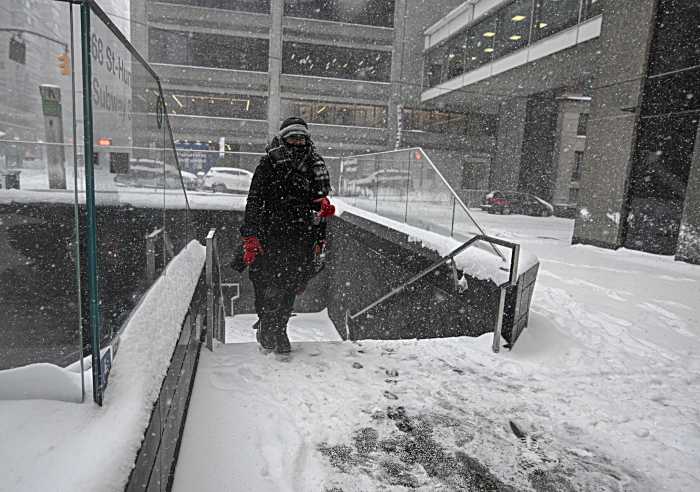Luring a star-studded cast to make what could have been an indie film sparkle
A few years back, Thomas Bezucha was the darling of the LGBT film fest circuit with his micro-budget first effort, “Big Eden.” Hoping to recapture the glory, he penned what he thought would be another small, offbeat indie, but a funny thing happened.
Somehow Diane Keaton got hold of the script and fell in love with it, nabbing the juicy matriarch role. Before Bezucha could pinch himself, Sarah Jessica Parker clamored on board, and Fox snapped it up to develop into a major motion picture, now titled, “The Family Stone.”
And it’s hardly your standard studio release. The romantic dramedy will open during the cram-packed holiday season, to duke it out at the box office with the likes of “King Kong” and other Oscar-groomed Hollywood heavyweights.
Produced by Michael London, fresh off his “Sideways” sensation, “Family Stone” tells the story of Meredith (Parker) an uptight, finance-whiz girlfriend of the eldest Stone son, who brings her to his New England home for the holidays. An engagement ring may be tucked under the Christmas tree. Problem is, the eccentric family loathes the interloper, and grows more frosty towards her than the snowstorm that swirls outside.
Talk about your dream ensemble. Besides Keaton and Parker, there’s Dermot Mulroney as the lovestruck son, Craig T. Nelson as the professor dad, Luke Wilson as the hippie son, Claire Danes as Meredith’s mellow sister, and Rachel McAdams pulling another “mean girl” act. There are also newcomers Ty Giordano, as the gay son—who happens to be deaf—and Brian White, as his African-American boyfriend.
Gay City News recently sat down with the gay filmmaker to get the scoop on the extraordinary back story.
DAVID KENNERLEY: How does “Family Stone” compare with your first film?
THOMAS BEZUCHA: I carted around “Big Eden” in a suitcase for a year to every freakin’ film fest. Later, when it opened on 20 screens, I was thrilled. With “Family Stone” we bypassed the festivals altogether. For [Fox Pictures], it’s just a big release, God bless ‘em. It’s opening on over 3,000 screens.
DK: Is it autobiographical?
TB: Not really. I have a small family, just one sister, but she once dated a guy we didn’t like. I was inspired by movies from the ‘30s and ‘40s, like “Holiday” and “Meet Me in St. Louis.” My motivation was simple: I wondered, “What movie do I wanna go see?” And then I wrote it.
DK: How did you leap from store designer to filmmaker?
TB: Movies have always been a passion. When I was at Ralph Lauren and wrote “Big Eden,” I didn’t know if it would ever get made. My biggest fear was being 80 years old and having not tried. I was lucky, though. With both films, there was such an esprit de corps, an effortless collaboration. A cakewalk compared to navigating the handicap codes in San Francisco!
DK: How was it working with such luminaries?
TB: Diane and Sarah Jessica are icons because they’ve worked, they’re professionals. It’s like bringing the greatest solo players together in an orchestra—there’s nothing they can’t do. They fed off each other and took great joy in watching each other work.
DK: This was Sarah Jessica’s first role after “Sex and the City.” Were you concerned?
TB: I never questioned if she could go from Carrie to Meredith. I’m sure she had a touch of anxiety—not about playing a new character, but about playing against who she is as a person. We worked a lot on Meredith’s physicality, creating a rigidity that’s alien to Sarah Jessica. She was incredibly courageous. It can’t be much fun coming to work every day when everybody hates your character.
DK; The Stones are intolerant of Meredith, but not the gay son?
TB: It never occurred to me they wouldn’t embrace the gay couple. Besides, I’ve seen that movie—it’s called “Home for the Holidays.” It underscores the political logic of their dislike for Meredith. They are so PC, they don’t have a problem with their deaf gay son, or that he’s dating a black guy. But this woman, whose only real crime is success in business, they just can’t abide her. The joke for me is that the boys are like Ozzie and Harriet, the most normal of the bunch.
DK: You also touch on gay adoption.
TB: The fact that adoption is a hot-button issue today is insane. I believe that actually seeing a gay family member, whom you’ve come to accept, hold a child, is much more poignant than the abstract notion. I feel an obligation to contribute to that enlightenment.
DK: What’s your take on “Brokeback Mountain,” another huge release?
TB: Thank God it’s happening now, when there’s legislation on the books to start teaching creationism. What is this country coming to? What’s most remarkable is that years ago, it was a huge risk for Dermot Mulroney to play it gay in “Longtime Companion.” But Heath Ledger and Jake Gyllenhaal felt no such risk. That charts a path of progress.
DK: How did you avoid caricature?
My intention was to portray real people. What I told the actors was, “The person you’re playing doesn’t know they’re in a movie. The more you play it straight—this is life and death stuff to them—the funnier it is. If you look like you’re reaching for it, you’re dead.”
DK; Did Fox interfere?
TB: I applaud the studio for supporting this film. Though it’s got some mainstream elements, it’s pretty edgy. After one test preview in an archly Republican area, we got cards complaining that it promotes the left-wing Hollywood agenda and homosexuality. Somebody even wrote that gays should not have families. Yet Fox gave me total control. They said, “Don’t change a frame.”
gaycitynews.com

